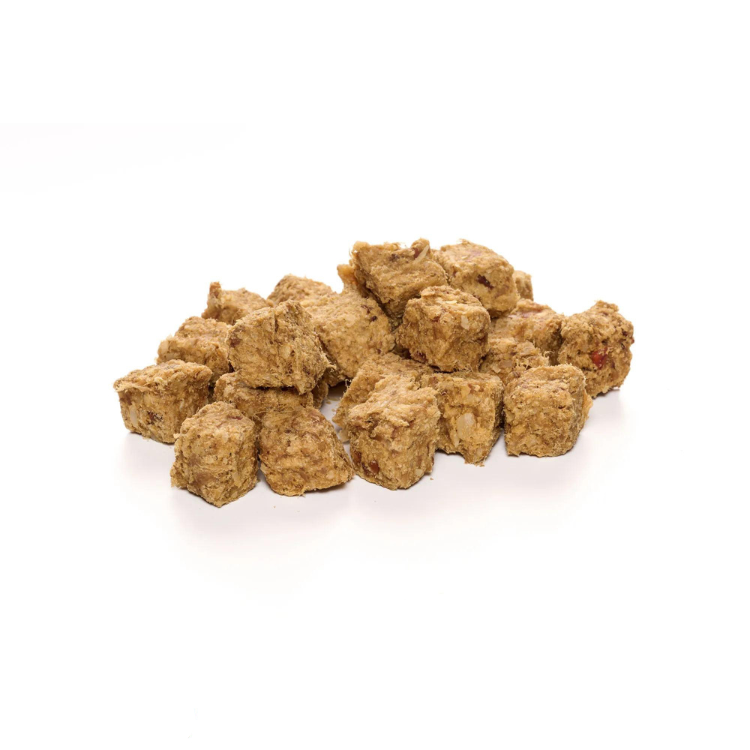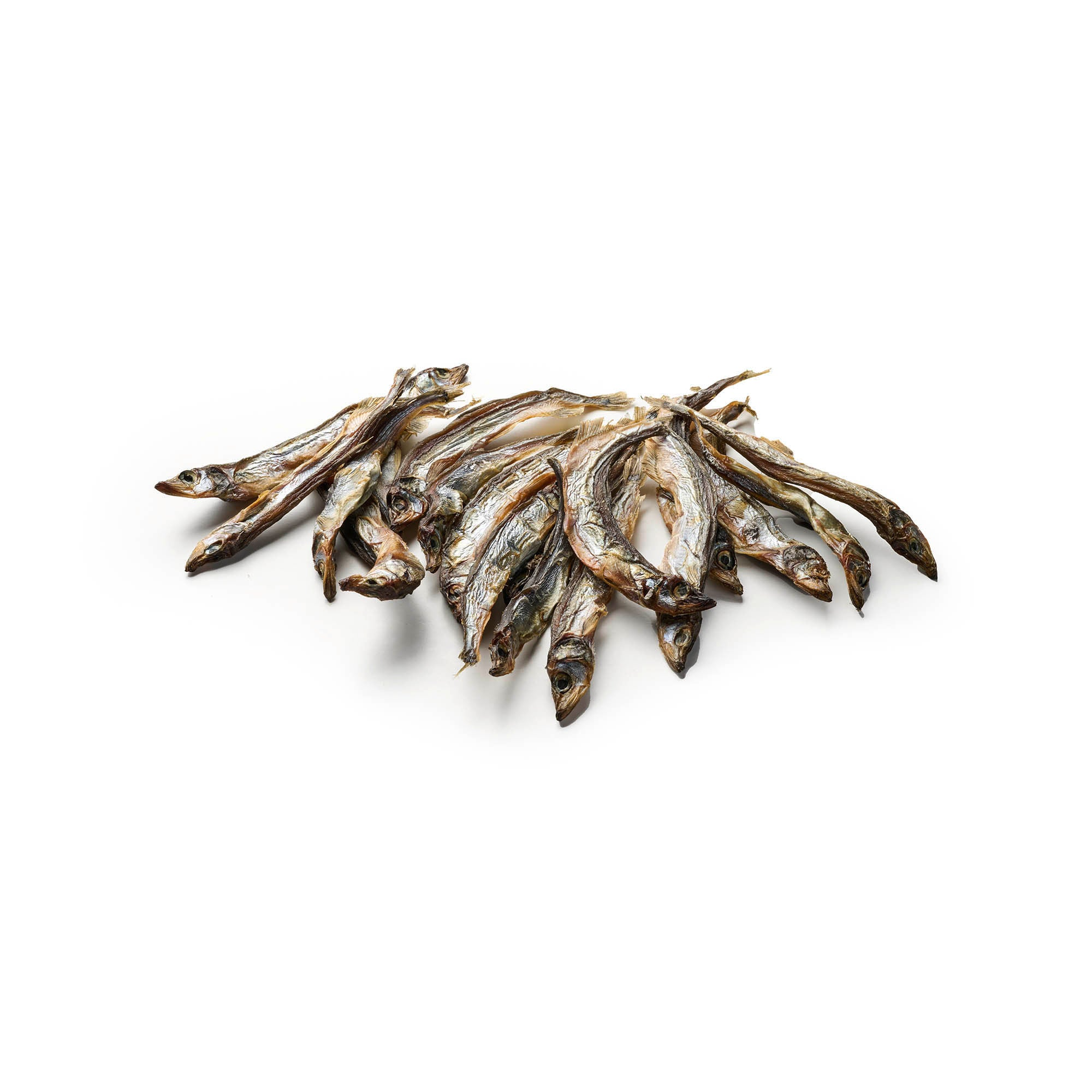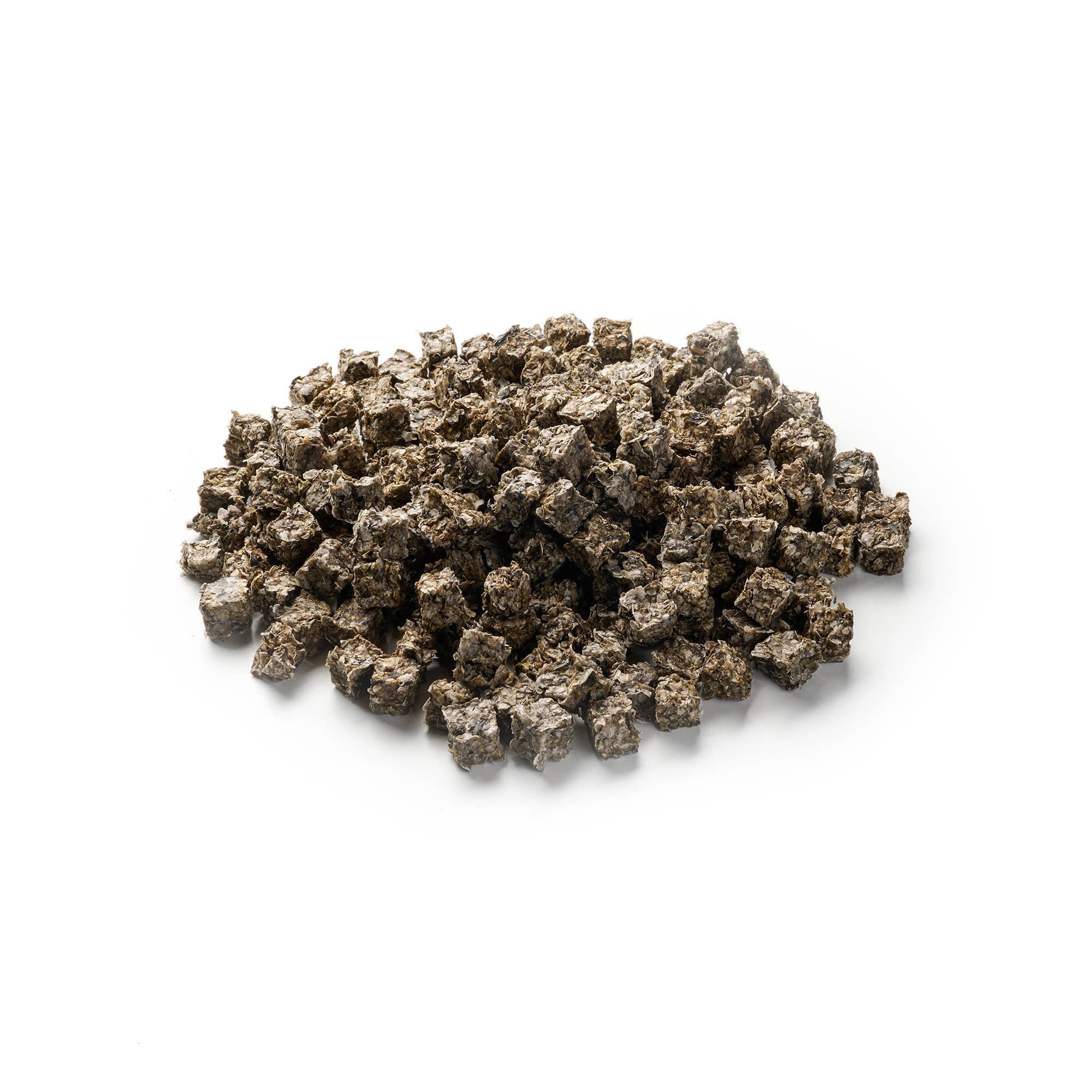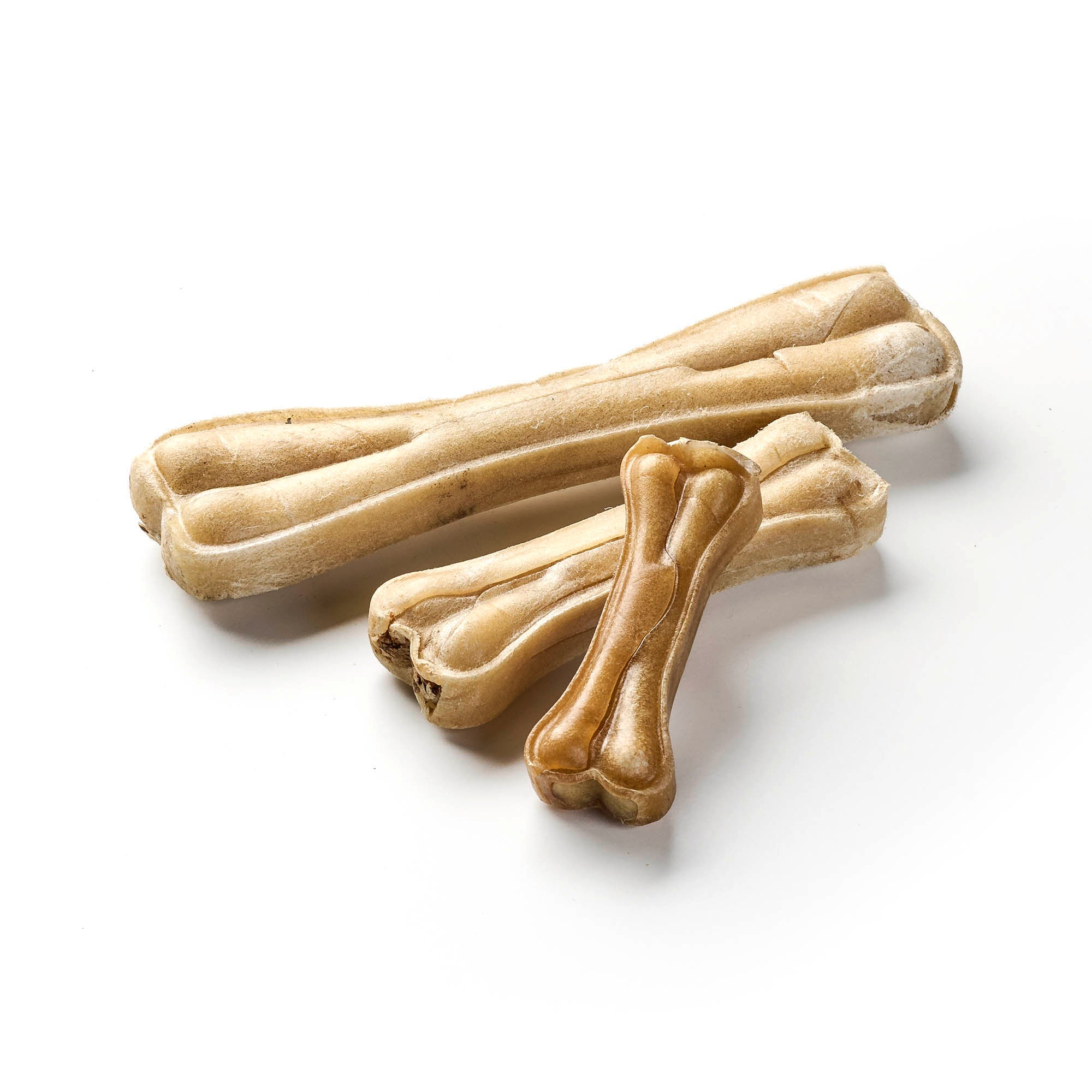
Pedigree dog or mixed breed?
Share
The animal protection association Tasso eV has determined that over 110,000 mixed-breed dogs were registered in Germany in 2020 - more than places 2 to 10 combined. Perhaps it is due to the widespread assumption that mixed breeds are healthier than pedigree dogs and do not suffer from hereditary diseases as often. But is that correct or is it perhaps outdated half-knowledge?
Content: Purebred dog or mixed breed?
- What is a pedigree dog - and what is a mixed breed?
- Pedigree dogs
- Mixed breed dogs
- Do purebred dogs get sick more often?
- The pros and cons
- Conclusion
Pamper your dog with our chew products!
What is a pedigree dog - and what is a mixed breed?
Pedigree dogs
The definition of a pedigree dog lies in its past, because only if the dog is a descendant of a dog breed line that has lasted several generations and no other dog breeds have been crossed, is it considered a purebred dog. Since the same dog breeds are always paired with each other, character, behavior and appearance always remain within the framework of what is already known and we humans can estimate quite accurately how a purebred puppy will develop.
Mixed breed dogs
The opposite is the mixed-breed dog, whose ancestors do not belong to the same breed and thus two or more dog breeds “mix”; after all, the ancestors of a mixed-breed dog can already be mixed breeds. This creates a great variety, but every mixed-breed puppy is always a surprise bag, because no one can say with certainty which breeds the dog will contain and how it will develop. Not only appearance, but also personality can be completely different from those of the dog's parents.
Spoil your dog with high-quality chewing products from our range!
Do purebred dogs get sick more often?
It is a widespread opinion that pedigree dogs get sick more often than mixed breeds and this belief of course has a kernel of truth. Pedigree dogs are often created through inbreeding, especially in their early days, and as we all know, this is forbidden in humans for good reason, as serious genetic defects can result in offspring. It is similar with dogs, but here too there has been significant progress in the last few decades and pedigree dogs are no longer mated within a family and are also examined for hereditary diseases. Dogs with genetic defects or illnesses are excluded from breeding, which means that the frequency of breed diseases in dogs has decreased and there are now many healthy breed dogs.
Incidentally, even mixed-breed dogs are by no means spared from hereditary diseases. While the risk can be roughly determined for pedigree dogs, it cannot be estimated at all for mixed breeds. Nevertheless, they have a significantly greater genetic diversity, as new genes are added through different dog breeds. As a result, they are generally less susceptible to hereditary diseases and show what is known as cross-breeding vigor.
Pedigree dog or mixed breed - video
The pros and cons
Pedigree dogs
Anyone who buys a pedigree dog knows exactly what to expect, what the puppy will look like when it is fully grown, how it will behave in certain situations and they know roughly what the dog's personality might be like. This can be a big advantage and knowledge about diseases typical of the breed can also be useful, as this can possibly be prevented.
It is clear that a herding dog like a Border Collie needs significantly more exercise than other dog breeds and potential dog owners can adapt to this or change their mind. For example, the very popular Labrador. He also needs a lot of exercise, but not quite as much as the Colli. We also know that Labradors are particularly good and child-friendly family dogs.
This shows that the dog breed can definitely be a strong selection criterion to give future dog owners a little more security.
Mixed breed dogs
While pedigree dogs are usually recognizable at first glance, things are completely different with mixed breeds. Mixed-breed dogs are unique and apart from dogs from the same litter, there will hardly be a dog like them. If the obligation to be purebred is no longer necessary, advantages can be combined by crossing different breeds - but unfortunately there is never a guarantee for this. Another advantage of mixed breed dogs is the purchase price, which can be significantly higher for pedigree dogs than is the case for most mixed breeds.
Conclusion
If you want a dog, you should think carefully about what your future everyday life should look like in order to find the right dog. Pedigree dogs can be a good basis on which to make a decision - either for a pedigree dog or, for example, a mix of two preferred breeds.
It cannot be said in general that pedigree dogs per se are the dogs that get sick more often, but it is true that they are more prone to hereditary diseases than mixed-breed dogs are. But with today's genetic tests, even this problem can be narrowed down and possible hereditary diseases can be detected at an early stage.
The question of whether purebred or mixed breed is not as important as it seems at first glance. For many it may also be a status symbol to keep a certain breed of dog, while others are critical of rejecting and breeding dogs with their selection. But the deciding factor is whether dog and human fit together and enjoy a happy life. Therefore, no one should approach buying a dog with bias. Basically, dogs are always unique creatures that can enrich our lives - regardless of the breed!
Reward your best friend with our dog treats!















